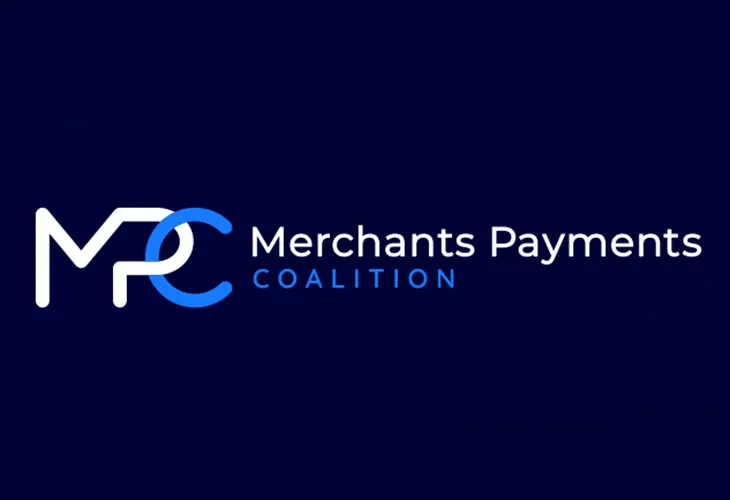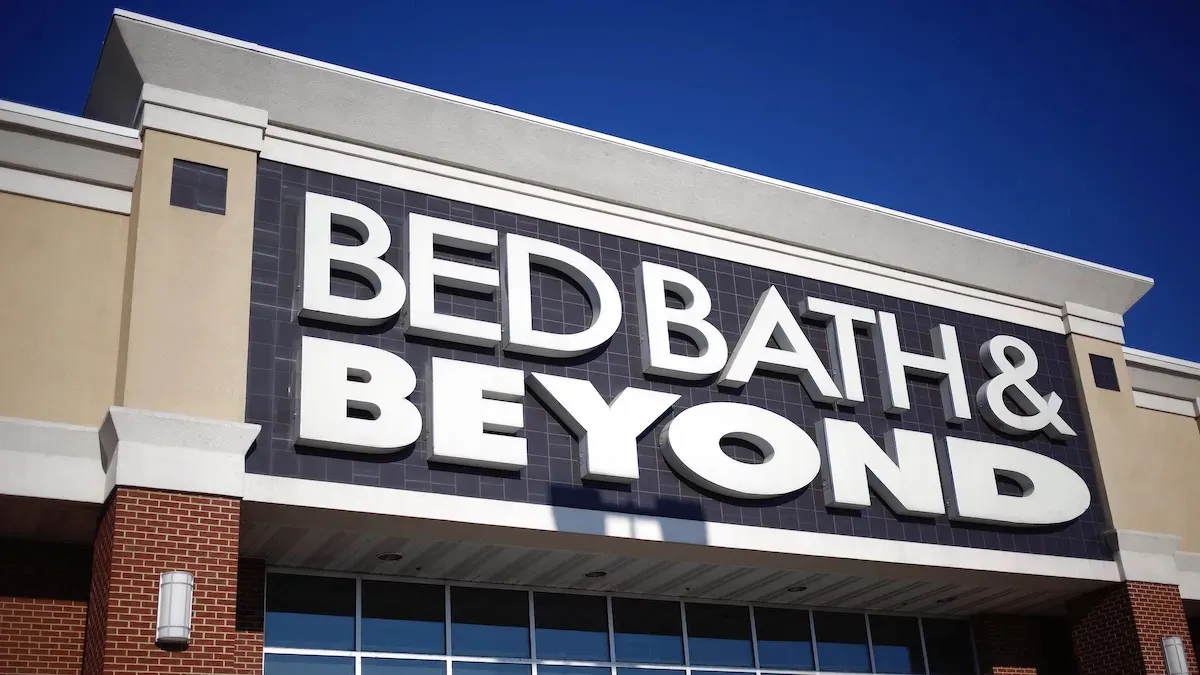WASHINGTON — The Merchants Payments Coalition, a group lobbying for “a more competitive and transparent” payment-card system,” is asking the Federal Reserve to further modify its proposed cap on the “swipe” fees merchants pay banks to process the transactions.
In a letter to the Fed’s Board of Governors, the MPC said alterations proposed by the Fed last fall, while welcome, don’t go far enough in limiting the “huge profit margins” reaped by large banks for processing credit-card and debit-card payments.
The Fed in 2011 capped fees for financial institutions with $10 billion or more in assets at 21 cents, with an additional 1 cent for fraud prevention and 0.05% for fraud loss. The amendment proposed by the Fed last fall lowers the base amount to 14.4 cents and the amount for fraud loss to 0.04% but increases the amount for fraud prevention to 1.3 cents.
So while the central bank is proposing to lower what banks can charge by less than a third, the banks’ average costs for processing the payment-card transactions declined almost 50% — from 7.7 cents at the time the rate was set to 3.9 cents in 2021, the merchants’ coalition said in its letter.
The MPC calculates that a 14.4-cent base amount gives large banks an average profit margin of 270% on payment-card transactions. That compares with the 30% profit that the banks make on their overall business, MPC said.
“It is not reasonable for the Board to set a single base component rate that massively overcompensates high-volume, low-cost issuers,” whose debit operations are a tiny part of their overall business, MPC said.
MPC recommended that the Fed set separate rates for larger and smaller banks or one rate for all banks, with an exception for those that can demonstrate that their costs are higher.
Merchants pay when a card is tapped, inserted or swiped
“The MPC believes that several modifications are needed to the proposed rule in order to make it fully consistent with the governing statute,” according to the coalition of retailers, supermarkets, restaurants, drug stores, convenience stores, gas stations, online merchants, hotels and other businesses lobbying for changes to the payments system.
MPC said the amount charged for recovery from fraud loss should be eliminated. The level was set when banks bore 61% of fraud losses, but that’s down to 33% since the adoption of EMV chip cards, which shifted a large share of fraud costs to merchants. Merchants now bear far more fraud losses than banks and therefore should not also prepay for the banks’ much smaller losses, according to MPC, which asserted that the Fed’s proposal nearly eliminates banks’ financial incentives to fight fraud.
MPC also said it would be “clearly unreasonable” to increase the 1 cent for fraud prevention because banks “have not demonstrated that they have taken effective fraud prevention steps.” The current regulations require banks to have fraud prevention policies and self-certify that they follow the policies, but no data is collected to determine whether the policies are effective.
Banks should be required to show the policies are effective in order to collect the fee, MPC said, noting that fraud losses have doubled since 2011.
According to the Nilson Report, which tracks credit card payments, U.S. merchants paid more than $70 billion in swipe fees for Visa and Mastercard payments last year.
Credit and debit card swipe fees are most merchants’ highest operating cost after labor, MPC said, The fees are generally passed along to customers in the form of higher prices, and are responsible for increasing prices by more than $1,100 a year for the average family. Shoppers using payment cards from large financial institutions can get some relief in the form of credit or cash-back rewards for using their cards.
Merchants over the past 20 years have sought reductions in the fees they pay Visa and Mastercard for handling transactions. Visa and Mastercard in March agreed to a landmark antitrust class-action settlement that would lower swipe fees and potentially reduce the amount retailers pay for accepting credit card payments by $30 billion over five years. The agreement, which is subject to court approval, traces back to a 2005 lawsuit by merchants.








